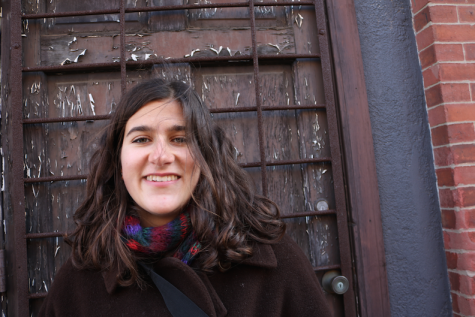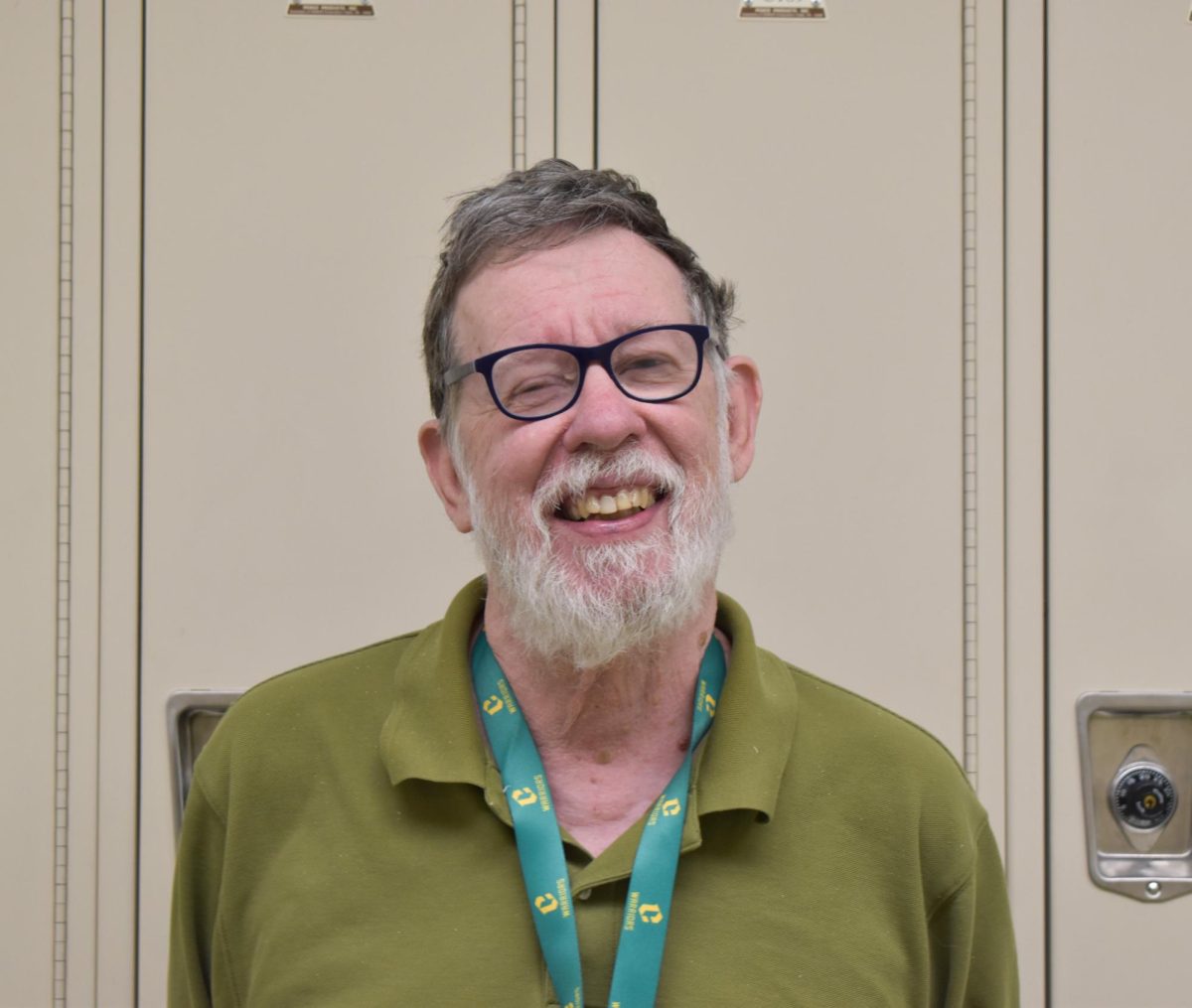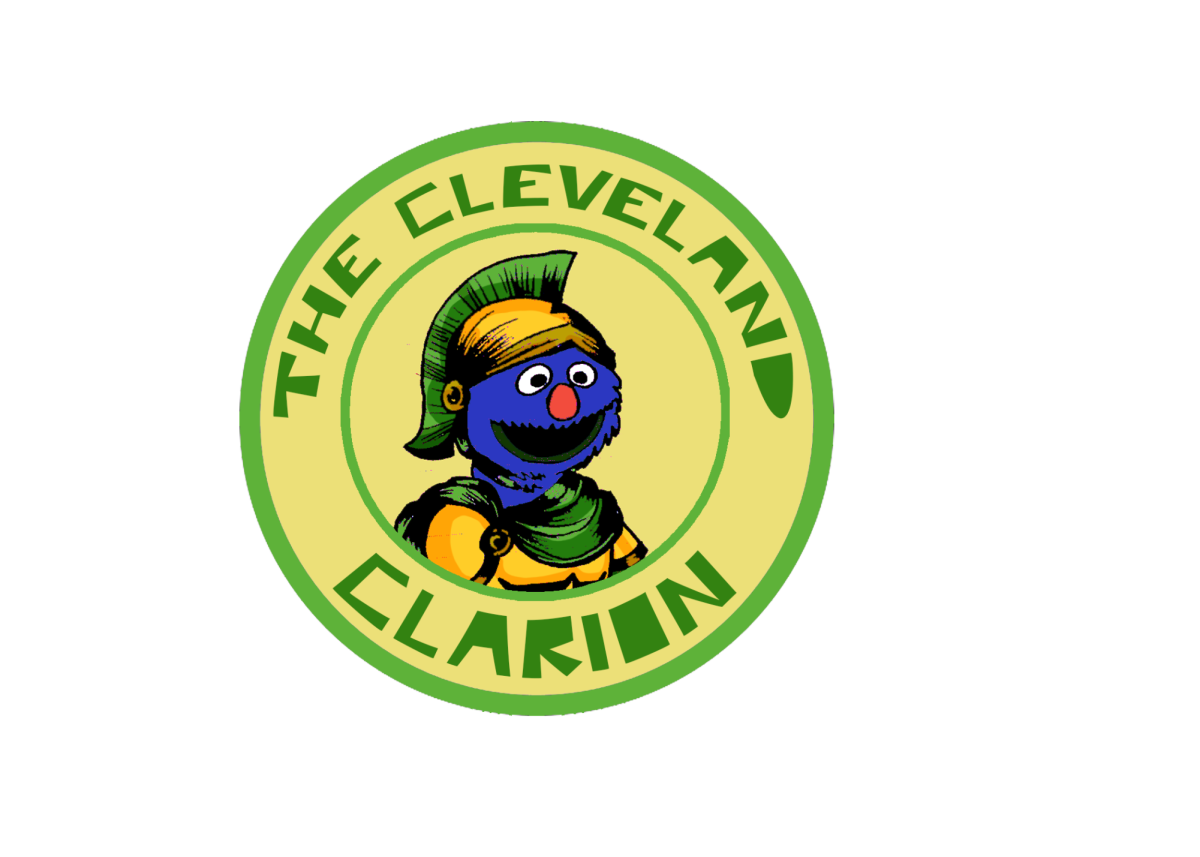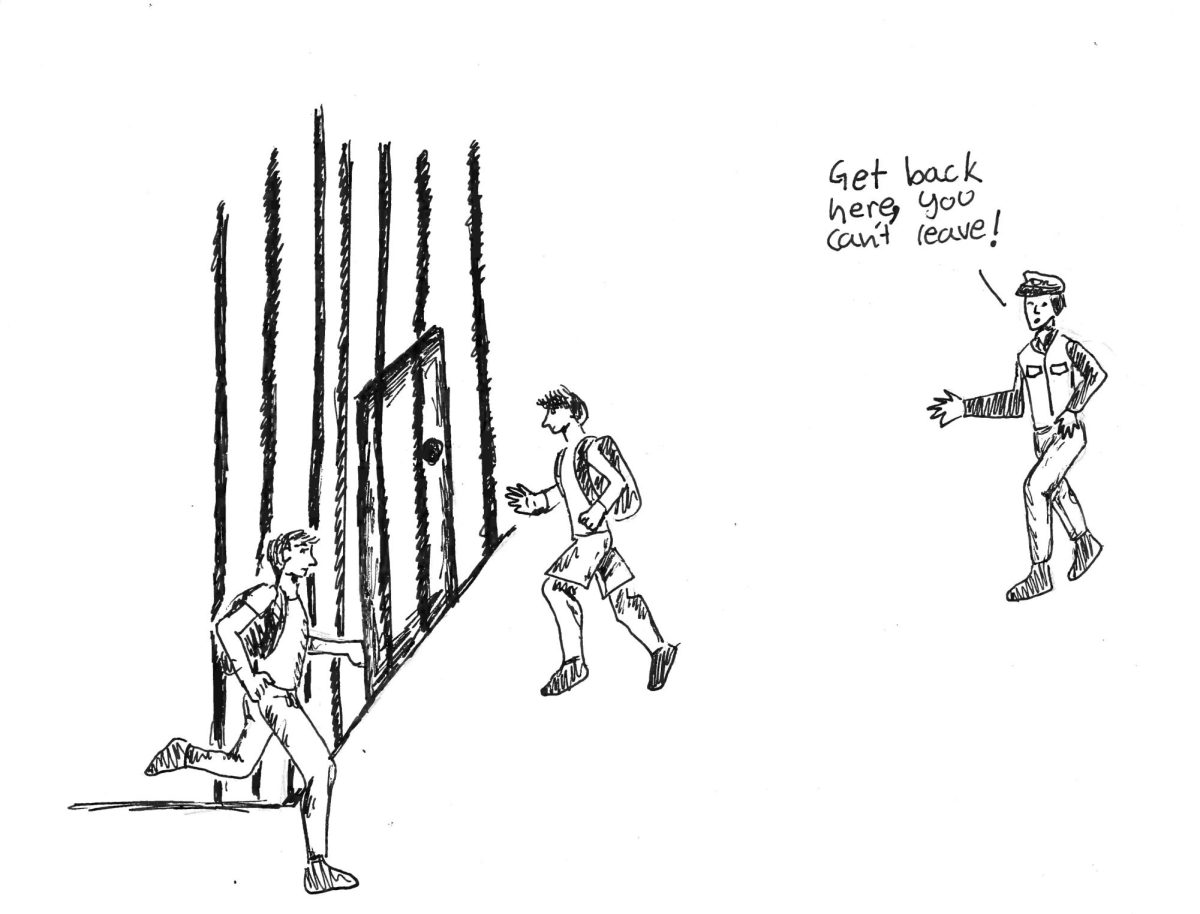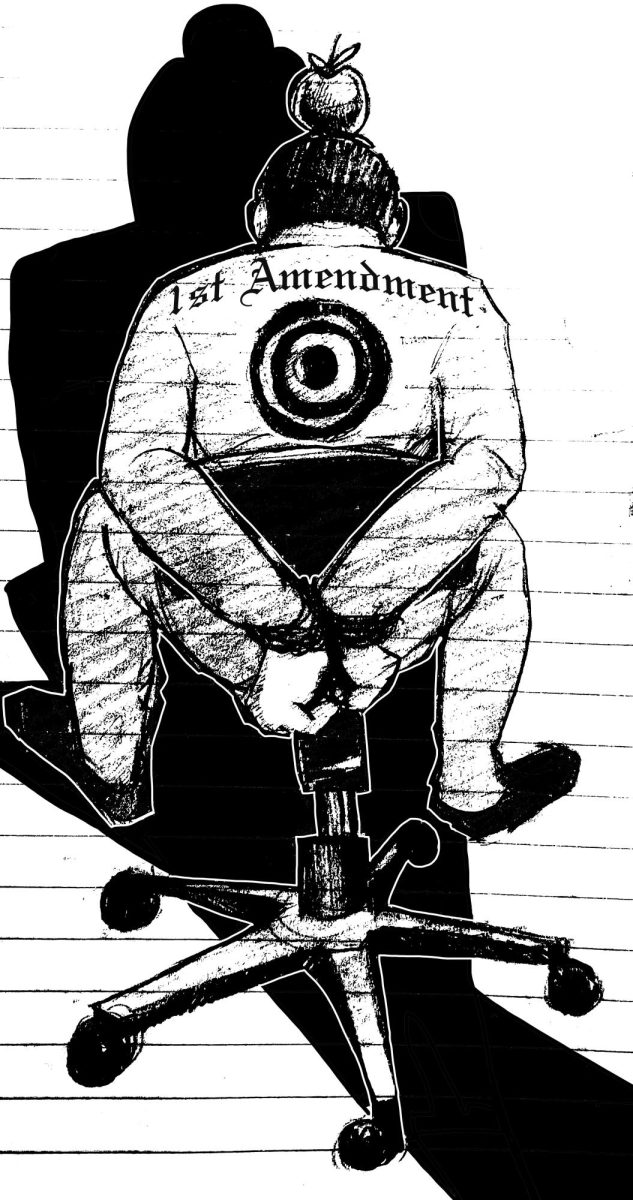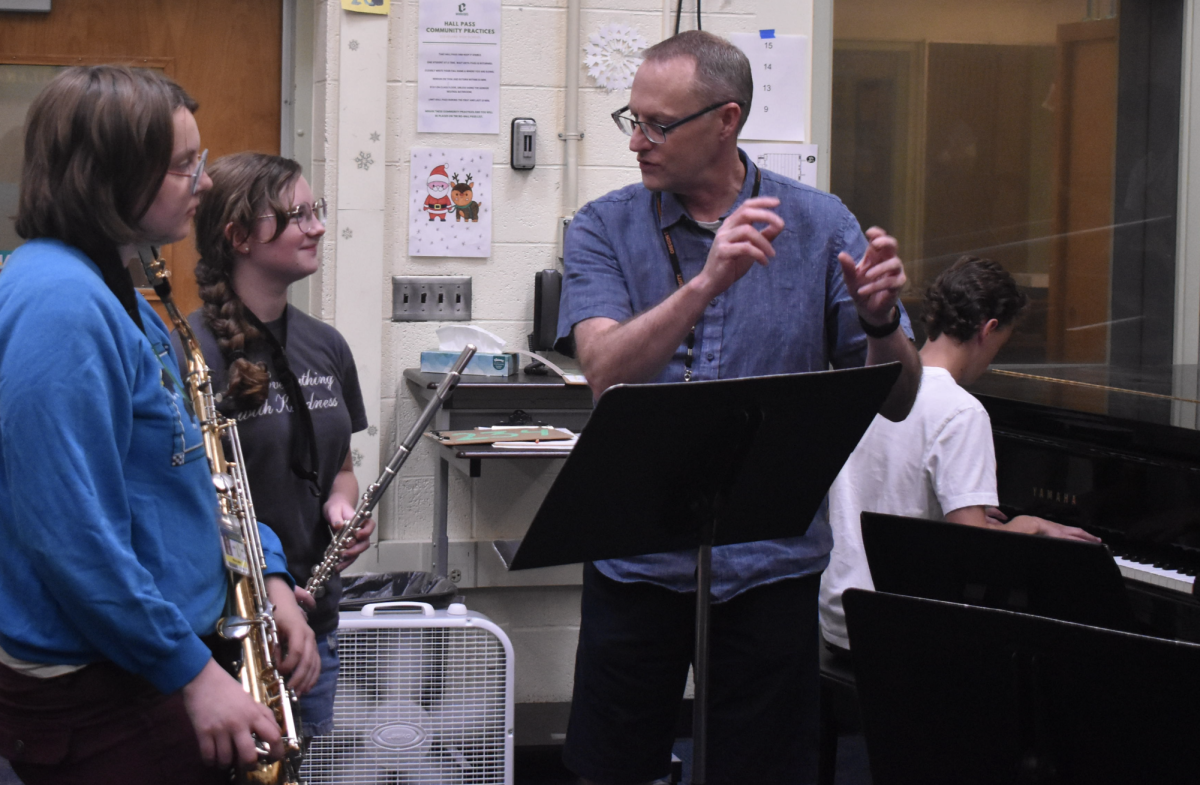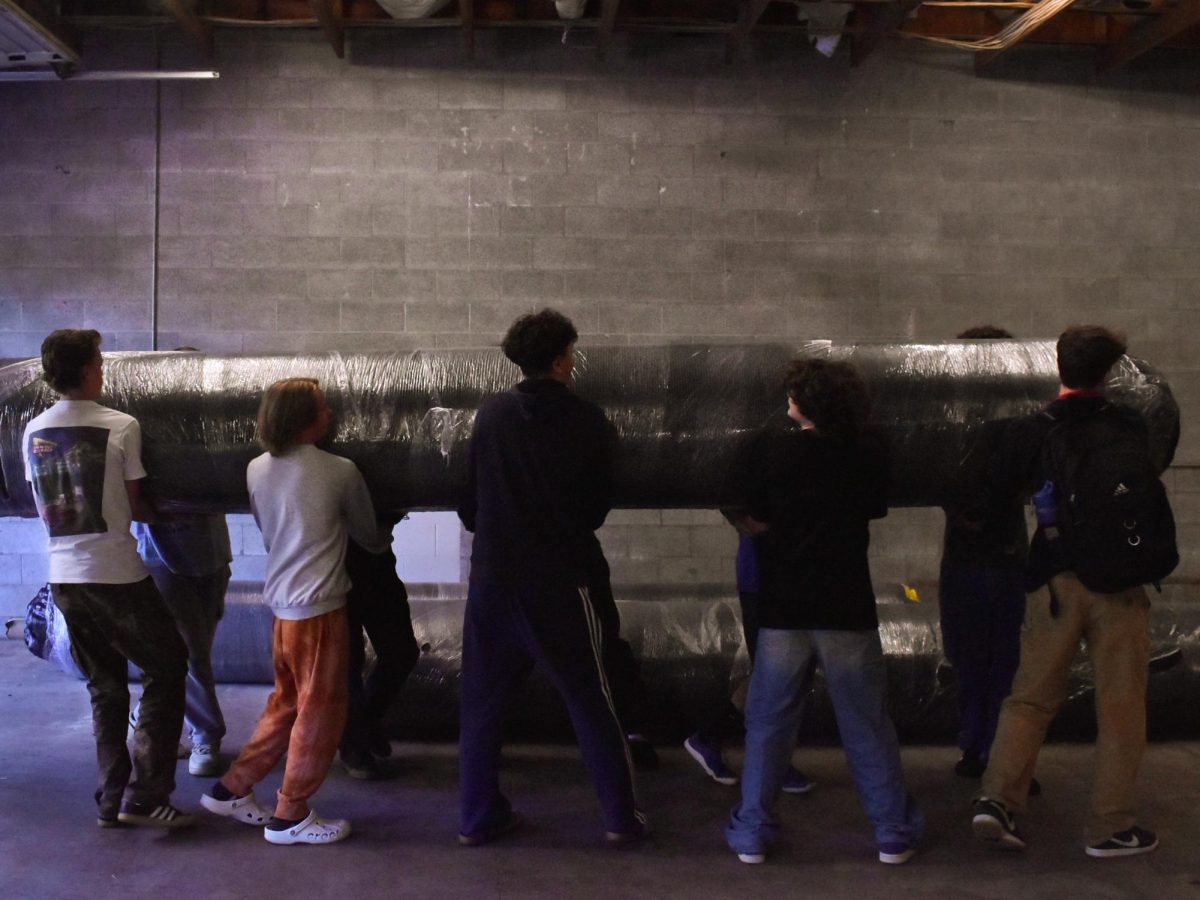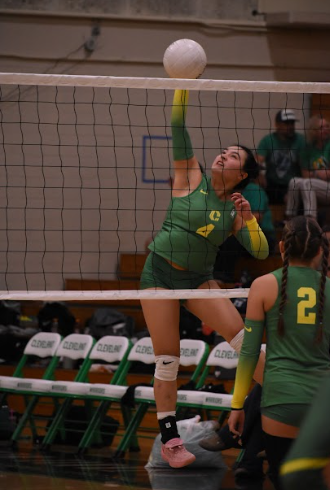Emily Diamond crown Cleveland Verselandia poet
May 9, 2016
This is loud poetry, fearless poetry, and defiant poetry. This was the Verselandia poetry slam, where 19 of Cleveland’s bravest students took the stage April 13 to share their original poems for the fifth annual Verselandia competition.
This is the poetry of spoken minds, not the kind you whisper in your head when the sky turns dark. It is the kind that brings emotion with its grasp. Slam poetry is more than stories, words, and sentences. The student poets are performers within their own lives. They are the voices of the youth. Each individual shared a unique piece, and because of this, each poem was remarkable and distinct from the next. The topics were limitless, ranging from the implications that come with race, to the reflection on a life passed.
The performers each had three minutes to present. It was solely them, no props, costumes, or music; just the performer, the mic, and the poem. In the first round, each poet performed one poem and was scored by a board of judges. This year, Cleveland’s former principal Paul Cook, former counselor Anthoney Scribner, Da Vinci Arts teacher, XK Austin, and the famous Jan Watt, judged the competition. Each judge gave a score from one to 10 which were calculated together to make the final total score, an average of the two middle marks. If the audience disagreed with a judge’s score, they were encouraged to “boo.” The top place finishers moved onto round two. From the second round, two poets were chosen to perform at the city wide competition. Although each performer received a score, the competition is never about points, it is about poetry.
The talent was outstanding. Senior Emily Diamond locked in first place, followed by sophomore Lily Panetta in second and freshman Gwen Kaliszewski in third. Both Diamond and Panetta moved on to the city competition where both made it through the first round and Panetta into the second. Diamond was named one of Portland’s 12 youth poetry ambassadors this past October. At Verselandia she performed her poem, “The Real World,” a story about growing up and hearing people speak of the real world but not understanding how it wasn’t the one she lives in. “I take poetry on a very personal level,” Diamond explained. “My poems are very personal to me and my experiences in my life, so I use it as a way to deal with situations or cope or express the beauty that I find around me.” Her second poem spoke of 27th Avenue, the place of her childhood, a world within the world.
Panetta’s first poem was titled “Ambiguous.” She expressed her struggles in a world where race seems to define a person. School came next. Panetta described school in her second poem, as if she was in a romantic relationship with it and depicted the strain that their partnership has caused through the years.
Kaliszewski spoke to the battles that girls and women often face in their lives from beauty standards set by our society. “I love public speaking,” said Kaliszewski. “I’ve danced in front of big audiences before but this was a totally different thing because you are sharing a piece of yourself. It was one of the most terrifying things I’ve done, but it was amazing because everyone was so supportive and I am so happy I did it.”
Slam poetry gives a literal voice and body to the substance that is written word. Poetry has a different connection to each and every person Diamond described. “For me, I write poetry to help me get through situations and work to understand things I am going through in life or complex problems that I don’t even understand until I’m done writing a poem. Maybe I still don’t understand it even then. But it really helps me…to make sense of the world,” said Diamond. To Kaliszewski, the slam poetry presentation is different, “I really love songwriting and I’m not a good singer, but I love the aspect of lyrics so that is kinda of my way of doing that. It’s a way for me to get out my passion and my happiness or my anger in a less specific, essay type way.”
The slam was ended with a special performance from English teacher, Eric Levine. He brought out his guitar and serenaded the audience with his composition, the one and only, “Fart song”. It was a truly indescribable experience.
Slam Poetry is a challenge, but it is a challenge worth taking. What these young adults bring to light is the real life pains and pleasures they have endured, heard, or thought of in the form of spoken word–one of the most powerful forms of communication known to man.



